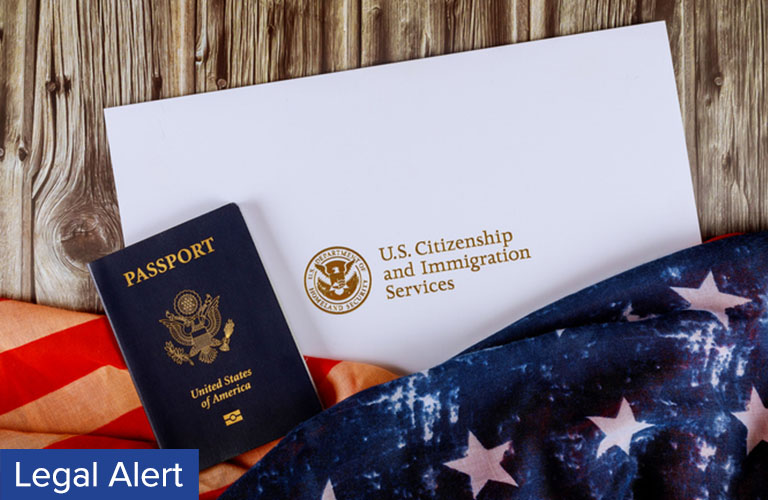
On March 2, 2021, the U.S. Department of State (DOS) announced new and more restrictive eligibility criteria for obtaining a National Interest Exception (NIE) to the COVID-19 travel bans for the European Schengen Area, the United Kingdom, and Ireland. The new policy is effective immediately and expected to make obtaining NIEs more difficult.
By way of background, the European COVID-19 travel ban limits and suspends the U.S. entry of certain foreign nationals who have been physically present in the Schengen Area, the United Kingdom and Ireland during the 14-day period preceding their entry into the United States. Exemptions exist for certain categories of travelers, including U.S. Citizens and Legal Permanent Residents (i.e. green card holders), and those who can obtain a National Interest Exception from the DOS or Department of Homeland Security (DHS). Under previous policy guidance, NIE eligibility was available to a broader class of foreign nationals whose travel to the United States was considered to be in the national economic interest. This specifically included certain technical experts and specialists, senior-level managers and executives, E-1 treaty-traders and E-2 investors, professional athletes, and their dependents. This older policy has now been rescinded and superseded by the March 2nd NIE eligibility standards.
Under the more narrow policy now in effect, eligibility for NIEs are limited to the following:
- Travelers providing vital support for critical infrastructure;
The DOS has not yet specifically defined what types of activities would constitute “vital support.” However, “critical infrastructure” is likely to mean the specific sectors defined by the DHS’s Cybersecurity and Infrastructure Security Agency (CISA), which includes the critical manufacturing, emergency services, energy, financial services, information technology, and healthcare and public health industries, among others. A full list is available on the CISA website.
- Academics, J-1 Students and Journalists;
NIE criteria has not changed for this category. Those in this category should continue to contact their local consular post or embassy to apply for an NIE to travel.
- F-1 and M-1 Students; and
NIE criteria has not changed for this category. Students with valid F-1 and M-1 visas do not need to contact an embassy or consulate to seek an individual NIE to travel. Students who need a visa must contact their local consular post and will be automatically considered for an NIE as part of their visa application process.
- Travel for humanitarian, public health response, and national security purposes.
The DOS continues to grant NIEs for qualified travelers under this category consistent with prior practice.
The regional COVID-19 travel ban for the European area remains in effect indefinitely for the duration of the global pandemic. NIE eligibility will continue to be determined on a case-by-case basis as consular officers retain broad discretion for approving or denying NIE requests. Similarly, NIE procedures and timing will continue to vary widely from one consular post to the next. Applicants should visit www.usembassy.gov and review any post-specific instructions provided by the specific consulate or embassy where they intend to apply.
For legal assistance in obtaining an NIE, please contact Christopher De Los Reyes in SGR’s New York Office or your designated immigration professional within SGR’s Global Immigration & Mobility Practice Group.

